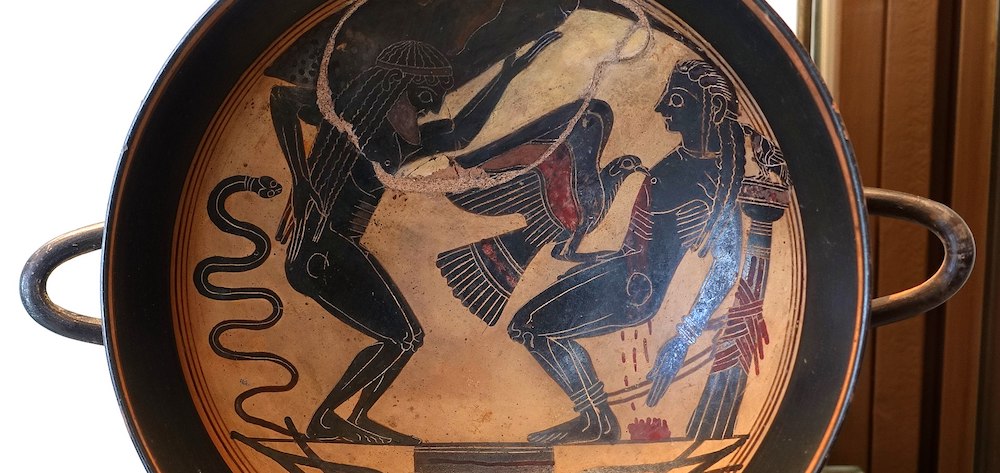Even just ten years ago, serious attention to the question of technology in Christian communities was hard to come by. Today, that seems to have changed. Along with the rest of American society, Christians have grown more attentive to the consequences of technology over the last few years. My hope is that they might discover, as I suspect many of you already know, that some of our most trenchant and insightful thinkers on matters technological have been Christian writers and scholars. One thinks, for example, of Jacques Ellul, Ivan Illich, Romano Guardini, Walter Ong, Marshall McLuhan, Wendell Berry, and Albert Borgmann. I often think of my own work as an effort to bring the wisdom of these older voices to bear on our contemporary situation.
Login to read more
Sign in or create a free account to access Subscriber-only content.
Topics:
